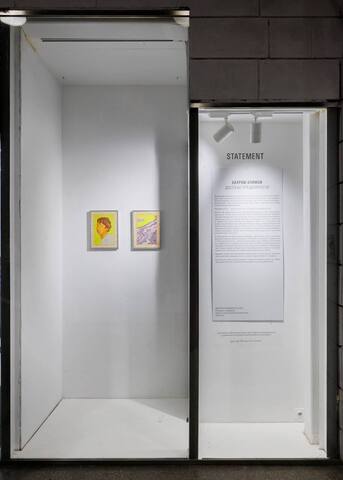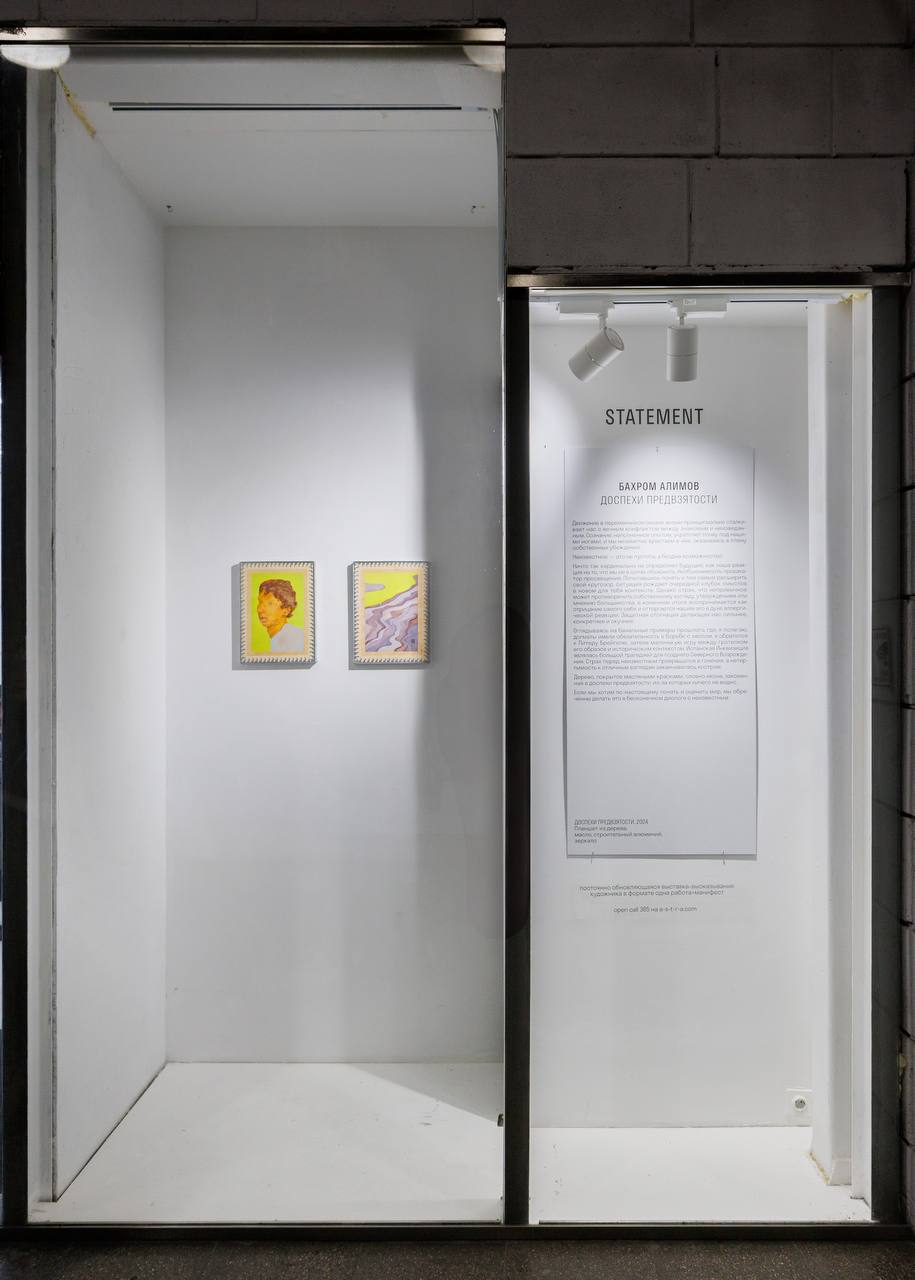
06.11.2024
Bakhrom Alimov
Movement in the fickle ocean of life fundamentally confronts us with the eternal conflict between the familiar and the unknown.
The armor of bias:
Navigating the fickle ocean of life fundamentally confronts us with the eternal conflict between the familiar and the unknown. Consciousness filled with experience strengthens the ground beneath our feet, and we imperceptibly grow into it, becoming captive to our own beliefs.
The unknown is not a void, but an abyss of possibilities.
Nothing determines the future as dramatically as our reaction to what we cannot explain. Inexplicability is the provocateur of enlightenment. Trying to understand and thus broaden your horizons, a situation gives birth to another tangle of meanings in a context that is new to you. However, the fear that the unfamiliar may contradict one's own view, assertions, or majority opinion is ultimately perceived as a denial of self and is rejected by our ego in the spirit of an allergic reaction. Defensive stagnation making us stronger, more concrete and boring.
Looking back to the banal examples of the past, where, I believe, dogma had a binding force in the fight against chaos, I turned to Pieter Bruegel, making a little game between the grotesqueness of his images and the historical context. The Spanish Inquisition was a great tragedy for the late Northern Renaissance. Fear of the unknown turned into persecution, and intolerance of differing views ended with the bonfire.
A tree covered in oil paints is like an icon encased in the armor of bias, from behind which nothing can be seen.
If we want to truly understand and appreciate the world, we are doomed to do so in an endless dialog with the unknown.

